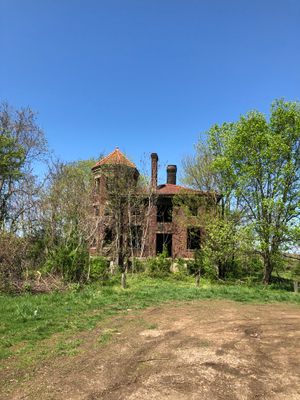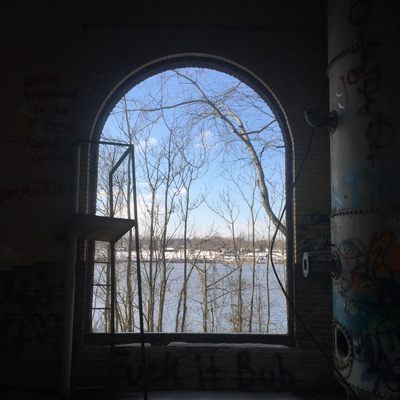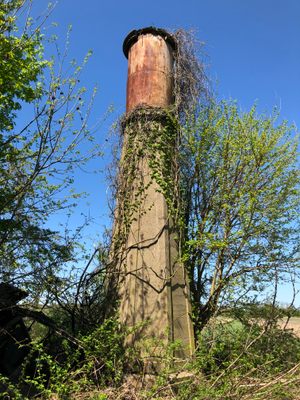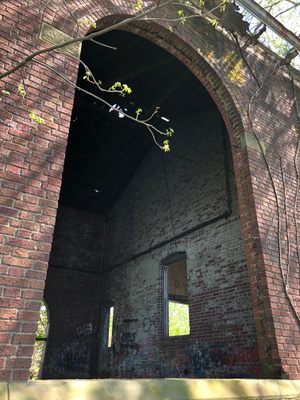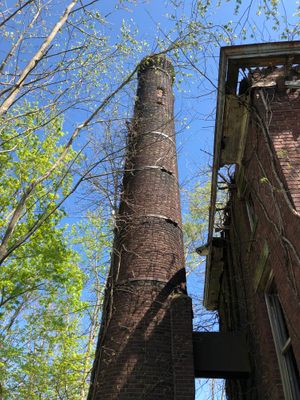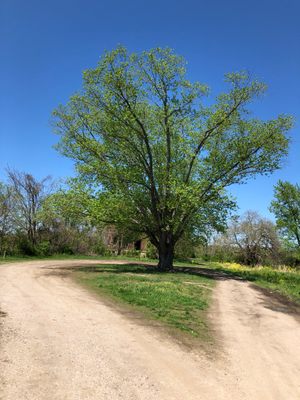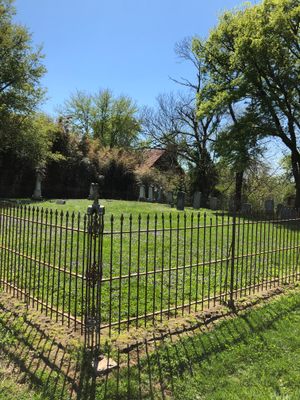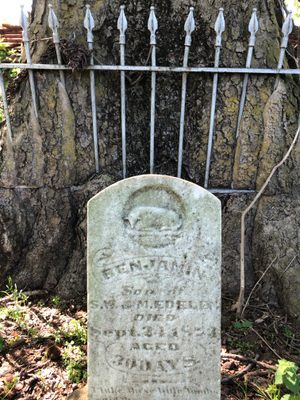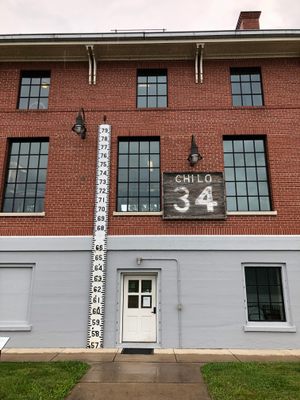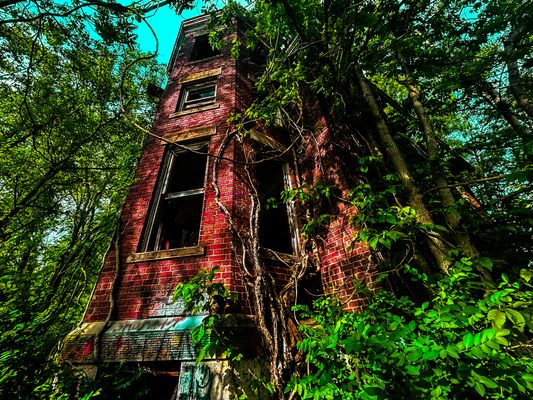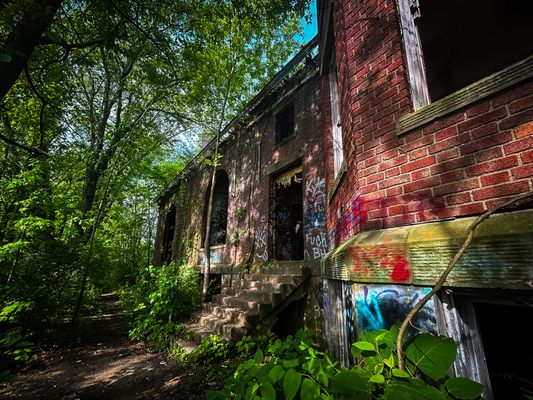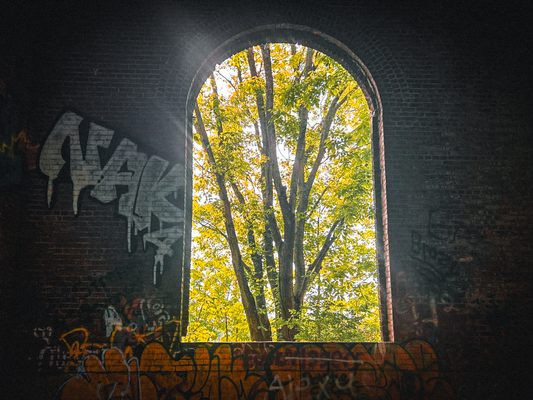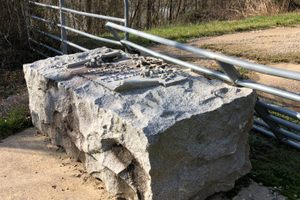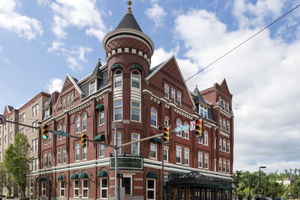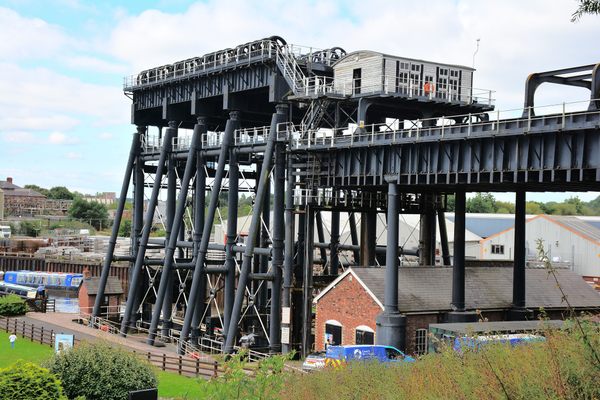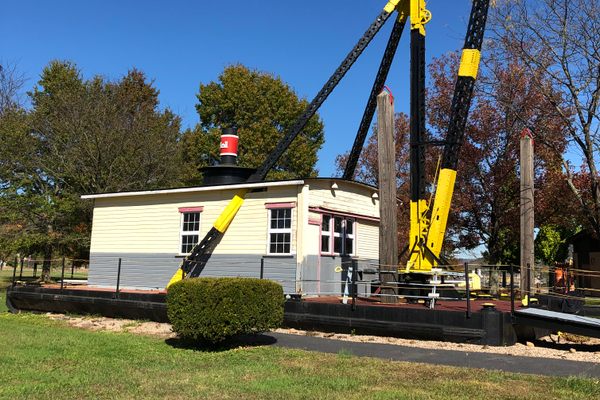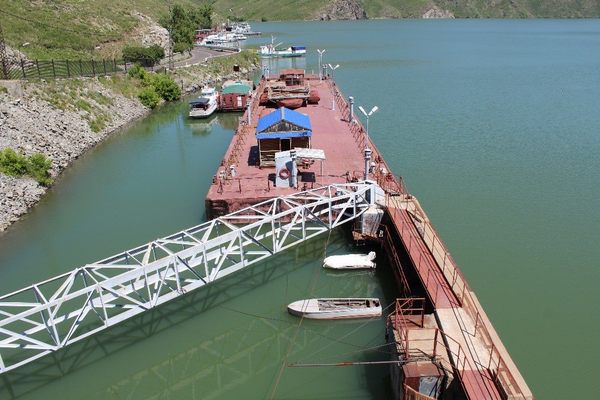About
The old Lock No. 19 facility is a uniquely designed and impressive piece of infrastructure. Built in 1916, the long-abandoned complex has withstood multiple floods and years of neglect.
The construction of Lock No. 19 was authorized by the U.S. Congress with the passage of the Rivers and Harbors Act of 1910. A system of 51 wicket dams and their locks were created from Pittsburgh, Pennsylvania to Cairo, Illinois, achieving a consistent water depth of nine feet along the Ohio River so that boats could navigate the waterway year-round. Lock No. 19 included a powerhouse to provide electricity to the lock gates and two homes that housed the operating staff, at a time when large areas of rural America lacked electricity.
Beginning in the mid-1950s, a modern system of larger locks and dams was built to replace the originals. New lock and dam construction reached its peak during the 1960s and into the mid-'70s. The process was completed in 2018 when the Olmsted Locks and Dam entered service near Paducah, Kentucky. The old Lock No. 19 was replaced in 1968 and left abandoned. Its decaying remains can still be seen today, one of the few surviving early Ohio River locks that is accessible to the public.
Related Tags
Know Before You Go
This site is easily accessed by using West Virginia State Route 892, or DuPont Road as it is called by the locals. Just turn onto Northwest Drive and follow it approximately one mile to the river. A public boat ramp is part of the old Lock No. 19 grounds. The power house is open and there is no fence around it. A large circular driveway is next to the crumbling structure. Hiking boots are a must. Stay clear of the cracked chimney! The two brick lock houses on the hill overlooking the abandoned power house are privately owned. The cemetery behind the lock houses is open to the public.
Published
July 22, 2019
